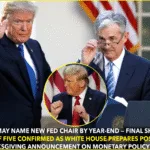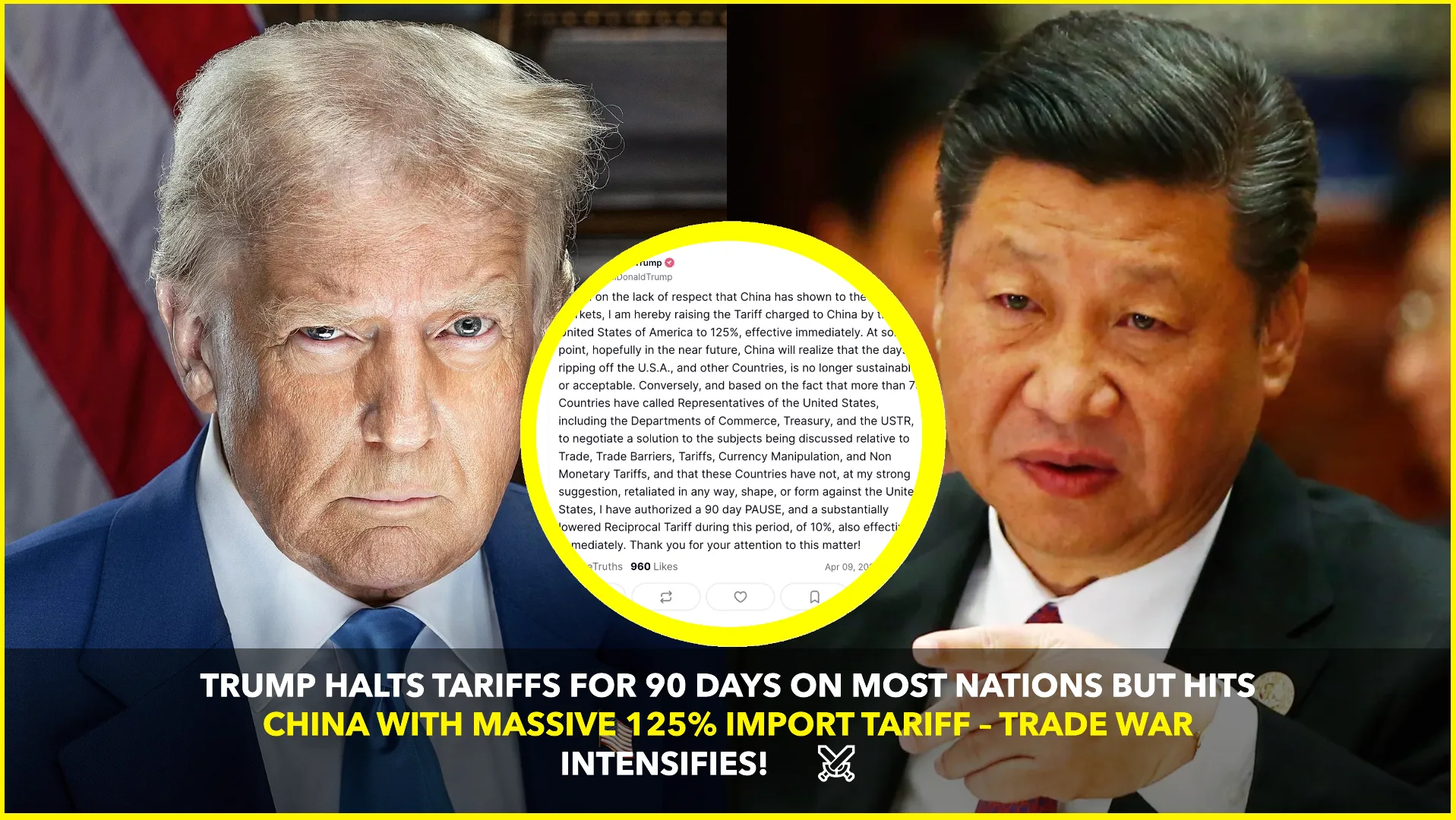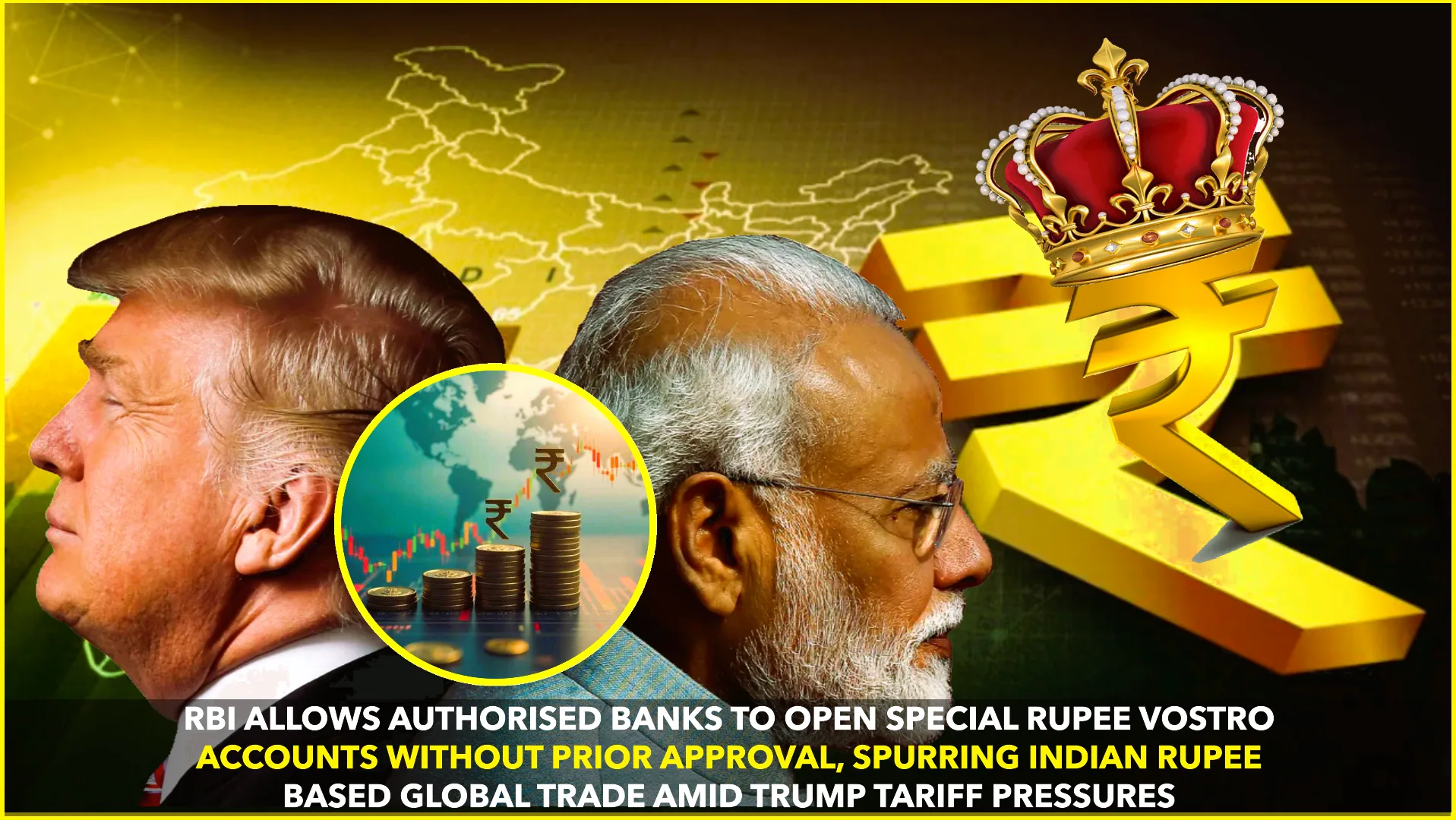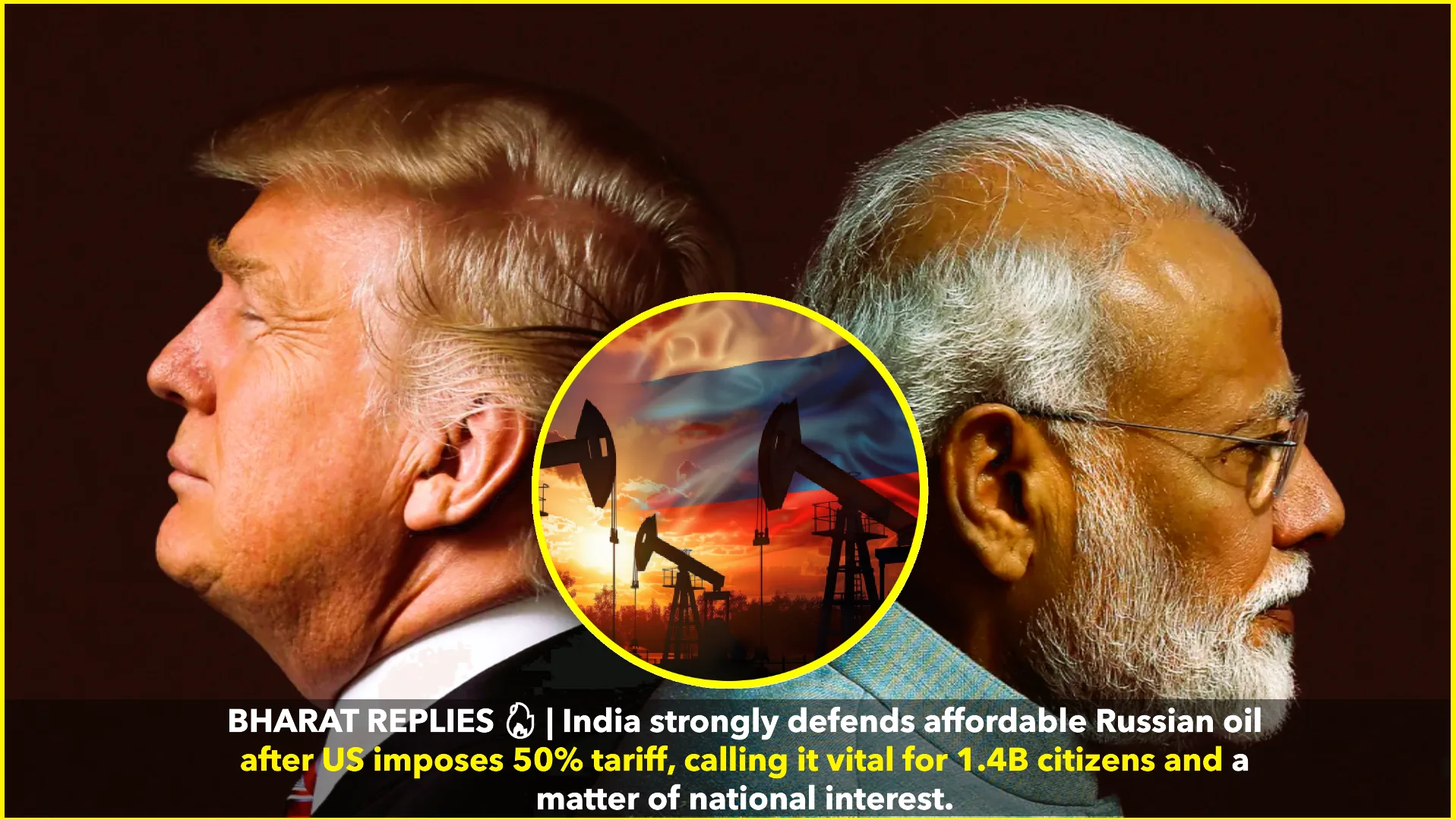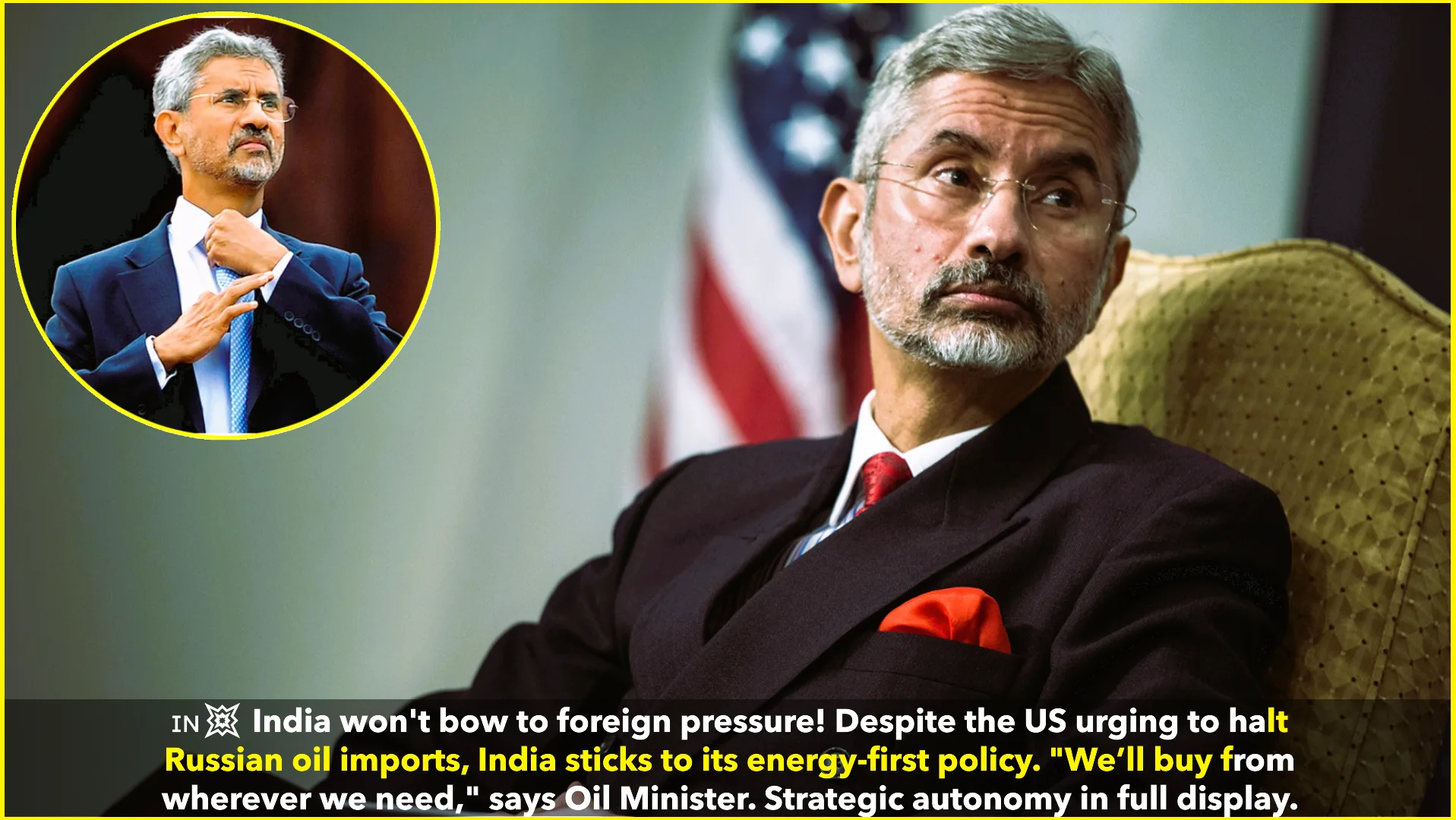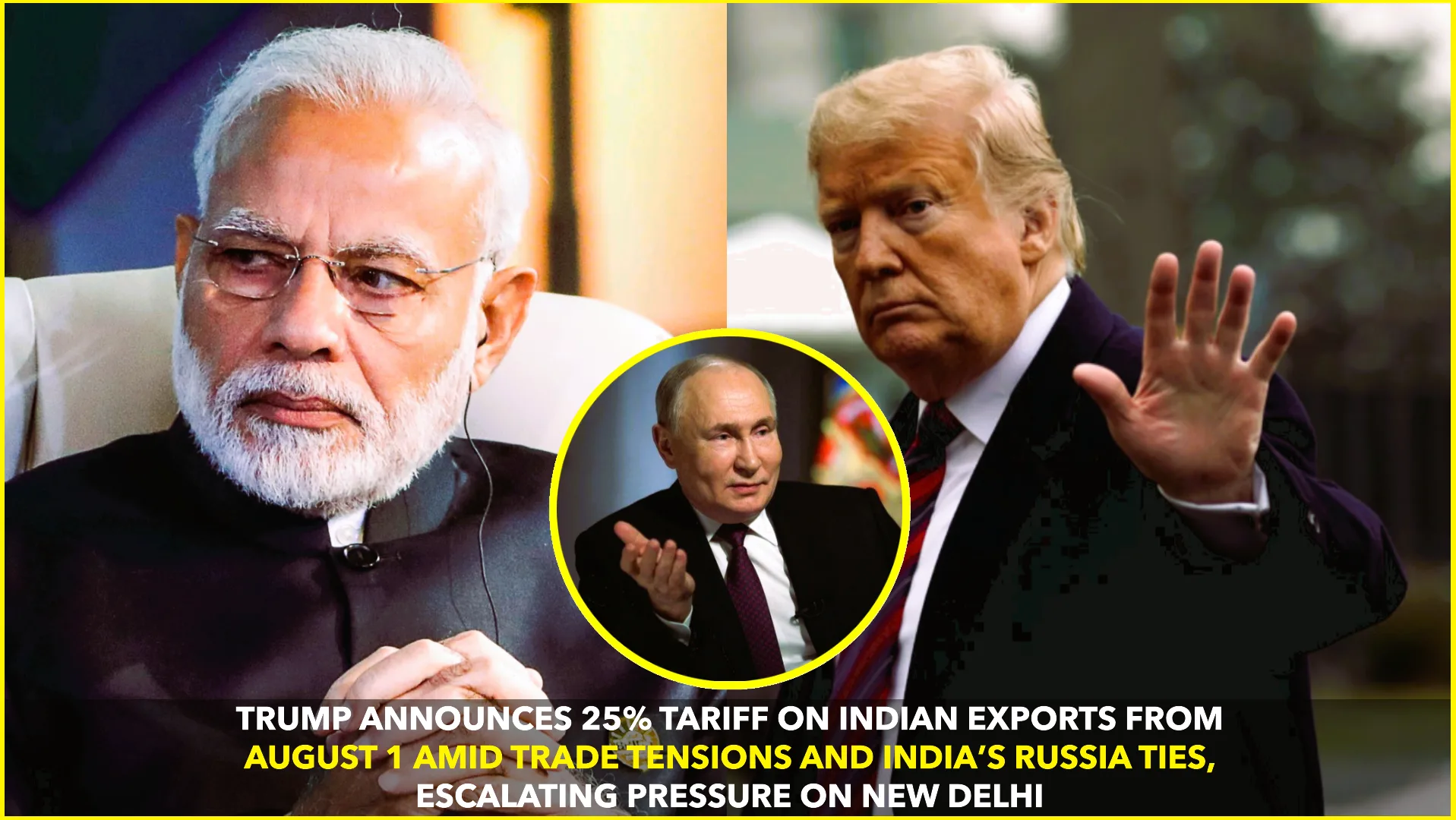In a significant shift in U.S. trade policy, President Donald Trump announced on April 9, 2025, a 90-day suspension of newly imposed tariffs for most nations, while simultaneously escalating tariffs on Chinese imports to an unprecedented 125%. This decision comes in response to appeals from over 75 countries seeking negotiations and aims to recalibrate America’s trade relationships.
Background of the Tariff Policy
Earlier this month, President Trump introduced a comprehensive tariff strategy, imposing a baseline 10% tariff on all imports, with higher rates for specific countries. This move was intended to address trade imbalances and protect domestic industries. However, the announcement led to significant market volatility and elicited strong reactions from international partners.Vox
Details of the 90-Day Tariff Suspension
The 90-day pause applies to the country-specific tariffs, maintaining the 10% global tariff during this period. Certain products, such as steel, aluminum, automobiles, lumber, and pharmaceuticals, remain subject to existing or planned tariffs. This suspension offers a window for negotiations aimed at establishing more favorable trade agreements. Treasury Secretary Scott Bessent indicated that tailored trade deals could begin forming by June.
Escalation of Tariffs on Chinese Imports
In contrast to the concessions offered to other nations, President Trump has raised tariffs on Chinese goods to 125%, effective immediately. This decision is a response to China’s retaliatory measures and perceived unfair trade practices. The administration aims to exert pressure on Beijing to address longstanding issues related to intellectual property rights and market access.
Market and Political Reactions
The financial markets responded positively to the tariff suspension, with the S&P 500 surging 9.5% following the announcement. President Trump highlighted this rebound, stating it “gotta be a record.” However, the escalation of tariffs on Chinese imports has raised concerns about intensified trade tensions and potential economic repercussions.
In Congress, reactions were mixed. Republicans largely welcomed the tariff pause, viewing it as a strategic move to stabilize the economy and open avenues for new trade deals. Senator Rand Paul, however, questioned the delayed implementation and its economic impact. Democrats criticized the administration’s approach as erratic and politically motivated, with Senator Tim Kaine calling for investigations into possible insider trading linked to the policy shifts.Time+1https://www.wbtv.com+1
International Implications
The decision to suspend tariffs for most nations while escalating them for China places U.S. allies in a complex position. Countries like Australia, which have strong economic ties with both the U.S. and China, may face challenges navigating the heightened tensions between the two economic giants. Analysts warn that this escalation could have far-reaching implications for global trade dynamics.news
Conclusion
President Trump’s recent tariff policy adjustments reflect a strategic recalibration aimed at addressing trade imbalances and responding to international appeals for negotiations. While the 90-day suspension offers a temporary reprieve for many nations, the significant increase in tariffs on Chinese imports signals a continued hardline stance towards Beijing. The coming months will be crucial in determining the outcomes of these policy shifts and their impact on the global economic landscape.




